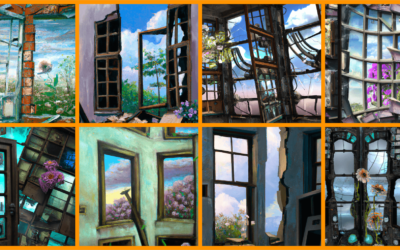Koehler, Mishra & Yahya (2007) is an important paper in the TPACK related work for a range of reasons. The research captured in this paper actually predates the TCRecord (Mishra & Koehler, 2006) article, but the vagaries of publishing and journal waiting-lists led to this reversal of time-lines. This paper contains an extended analysis of design talk and presents an innovative representational scheme to capture the evolution of TPACK. An abstract and link to a pdf version of the paper is given below.
Koehler, M.J., Mishra, P., & Yahya, K. (2007). Tracing the development of teacher knowledge in a design seminar: Integrating content, pedagogy, & technology. Computers and Education, 49(3), 740-762.
Abstract: Effective technology integration for teaching subject matter requires knowledge not just of content, technology and pedagogy, but also of their relationship to each other. Building on Shulman’s (1987) concept of pedagogical content knowledge, we introduce a framework for conceptualizing Technological Pedagogical Content Knowledge—TPCK (Mishra, & Koehler (2006). We report the results of a semester-long investigation of the development of TPCK during a faculty development design seminar, whereby faculty members worked together with masters students to develop online courses. Quantitative discourse analysis of 15 weeks of field notes for two of the design teams show participants moved from considering technology, pedagogy and content as being independent constructs towards a richer conception that emphasized connections among the three knowledge bases. Our analyses suggests that developing TPCK is a multigenerational process, involving the development of deeper understandings of the complex web of relationships between content, pedagogy and technology and the contexts in which they function. Pedagogic, pragmatic, theoretical, and methodological contributions are discussed.




0 Comments